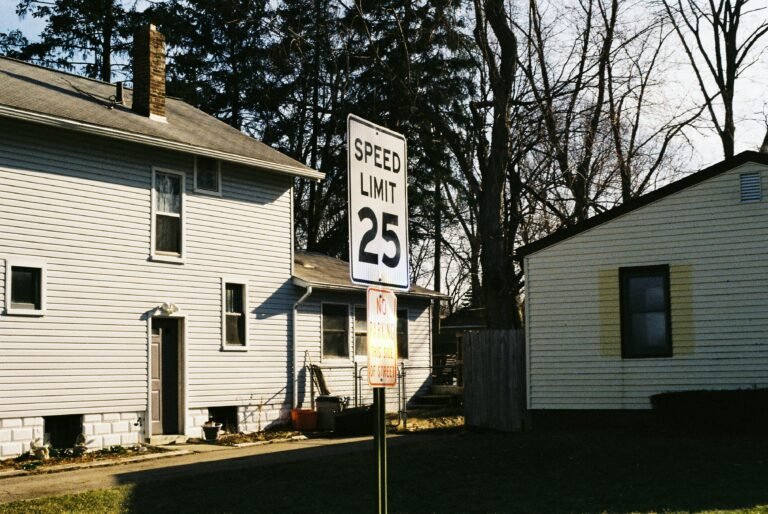The Root of Envy and Jealousy

Mr. Joseph is a very happy person. He has a cute small beautiful house, a small car, and a loving wife. His neighbour is his childhood friend, so living in this community makes him fulfilled in every way.
One evening, on the way back home from the office, singing with happiness, he was driving his car. His happiness grew more when he saw his neighbour friend with his wife sitting inside his house and chatting with his wife. They invited Mr. and Mrs. Joseph as they were leaving this area and moving to a nearby megacity. So, they threw a party in their backyard.
At the party, when he saw his friend’s house, it was looking very good, better than it was a year before. He noticed his friend bought a brand new BMW, the latest model car. He started to compare his old house and car with his. He started to think his house was not as beautiful as his friend’s — that house too, which is better, is the one his friend is leaving. His Voxy Wagon, compared to his friend’s brand new latest model BMW, is nothing. Mr. Joseph was feeling discomfort as he had felt never before. All his happiness he had just a few days earlier was gone. Even after that party, a long time before his friend finally moved to his new address, his agony was increasing. There was no sadness of losing a friend, but only sheer pain of envy.
The Change Was Emotional, Not External
When he only thinks about his life, nothing has changed in his life. Everything is the same — that same car and same house. But the feelings and emotions have changed. He knows these emotions are not good. He tries to push them away. The more he pushes, the more they get stronger — and hurt him more.

Why We Compare Ourselves
We measure everything from a reference point. When we say something is a hundred meters away from here, that means we took a reference point, which is this place. Similarly, when we say “this is better,” that means better than something. When we say someone is doing better, that means he is making better progress than someone else. Unlike any quantifiable product, emotions are not quantifiable. They can only be felt. And you cannot measure them by any reference point. So, when we see someone close to us doing better than us — buying a new car, new house — we subconsciously make that friend our reference point to measure our success. And when we see our friend is doing better than us, all our success seems like nothing.

Why True Progress Feels Invisible
Measuring our true success is hard because we often judge ourselves on the basis of others’ comments. Other people will never be able to see the progress — especially when you are in progress. Progress happens slowly, very slowly, so understanding progress in the past is also difficult — like understanding the earth is round was difficult. If we try to judge ourselves on the basis of our own understanding, it is also difficult, as the path is new to us. We don’t know if this path is taking us to our destination or not. So, when we don’t know how well we are doing, we, every now and then, seek the opinion of people surrounding us. We forget their opinion can never be perfect unless they are specialized. We compare ourselves to others to know if we are doing good or not. When we see someone is doing better than us, we feel hurt. We feel happy if we are ahead of our peers.

Common Mistakes in Measuring Success
What we do mistake is, first — success is not always materialistic. It cannot be measured only by buying a new car and a new house. Even true success is something that can only be felt. The second thing is — comparing yourself with someone also does not work, because you cannot know everything about a person other than yourself. You may see your friend buying a new car and a new house, but you don’t know how much risk he had to take for having this. You don’t know what portion of that money is from a loan. Third is, you ask for validation and from the opinion of other people you judge yourself — how much progress you are making. Is that better than your friend or not? You are taking the opinion from a person who knows neither your friend nor you well.
One Interesting Fact:
Are you ever jealous to see how much luxury a US president enjoys?
Probably not.
Because we only envy people of the same or closer level — in age, career, education, lifestyle, and other relevant parameters.
No One is Perfect:
Haemin Sunim, in his book Things You Can See Only When You Slow Down, says:
“If you see a perfect man, you probably don’t know him well.”
We cannot make ourselves perfect either. Striving for perfection is not the goal — growth is.
Keep in Mind:
You know yourself better than anyone — even your mother or your wife.
Understanding yourself fully is not only hard, but impossible.
But you can still become better and better every day.
There is no finish line

How Can We Avoid the Trap of Envy:
- Measure your success using your earlier self as the reference point.
- Realize you cannot fully know others.
- Avoid seeking opinions unless absolutely necessary.
- Aim to become the better version of yourself.
- Whether you reach your goal or not — enjoy the journey.
Final Thoughts:
A true comparison is never possible, because we cannot have enough knowledge about others. Only getting better and better than our earlier self makes sense. Realization of this truth can free you from all emotional pain of envy — and lead you to live a happy life.





